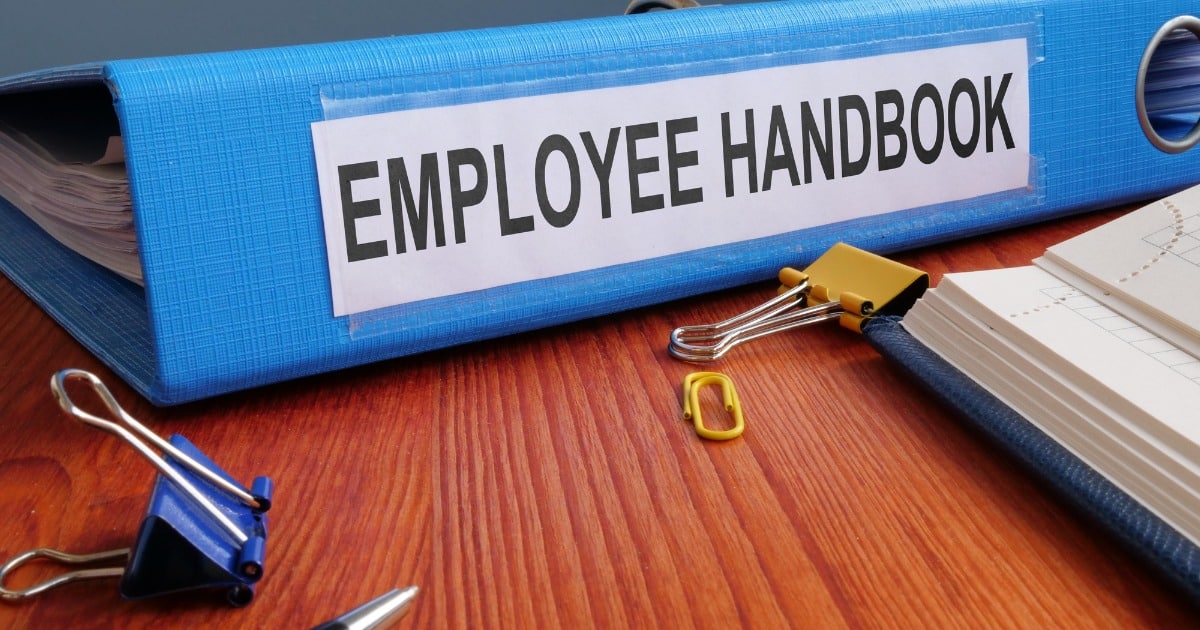With the holiday season’s arrival, Michelle Coker, employment practices analyst at CDA Practice Support, is taking calls from CDA members who have questions about the laws governing holiday pay. Here she’s assembled some tips to guide California dentists based on her conversations with callers.
“Having a clear written holiday policy that defines all aspects of holiday time off and pay, and following best practices, can go a long way toward maintaining an efficient and harmonious office,” Coker says.
Paid holidays not required by law for private companies
Many employees are surprised to learn that federal and state laws do not require employers to provide their employees with paid holidays. Federal and state employees have designated legal holidays, but private employers have no obligation to provide that time. Instead, they can determine which holidays will be observed in the practice and whether hourly employees will be paid or unpaid.
Employees paid a salary may need to be paid on a day the practice closes to observe a holiday. If a salaried exempt employee is “ready, willing and able” to work, deductions may not be made for time (less than a full week) when work is not available.
Because some holidays fall on different days each year, those dates should be reviewed and updated annually. As a best practice, employers should provide each year the dates the practice will be closed and state whether employees will be paid during those practice closures to eliminate confusion later.
If the practice has a policy on requesting time off, such as within a certain number of days in advance, employees should read and acknowledge that policy also.
Premium pay for weekend, holiday work not required by state law
California law does not require employers to pay employees premium pay for work they perform on a holiday or weekend day other than overtime pay if the employee worked more than eight hours in a workday or over 40 hours in a workweek.
Employers can provide holiday pay on first business day after holiday
If a designated payday falls on a holiday that is observed on a Saturday or Sunday, employers are allowed by state law to pay their employees on the first business day after the holiday. Holidays in California are listed in the government code.
The practice’s employee manual should include a list of paydays that reflect any exceptions due to state-observed holidays and update and provide the list to employees annually.
If holidays are paid in the practice, limitations may apply
Employers who choose to compensate employees for holidays are not required to provide holiday pay if the holiday falls on a weekend or other day the practice is regularly closed. Employers also are not obligated to pay employees who don’t typically work on a day the holiday falls or is observed. For example, if a holiday falls on a Thursday, and an employee typically has that day off, the employer is not obligated to compensate the employee for that day. However, if the employer’s policy states that all employees will receive pay for that observed holiday, the policy should clearly specify any exceptions.
Also, employers who provide paid holidays need to explain what will happen if an employee is required to work on a day designated as a paid holiday. The courts interpret the policy of giving a paid day off as a contract to do so. Therefore, the employer must make up the lost benefit to the employee in some manner, such as pay for all hours worked plus eight hours of holiday pay at straight time. Another option might be to pay for all hours worked and provide another day off in lieu of the holiday pay.
Allowing use of sick pay for holidays can set an unwanted precedent
Employees often request to use available paid sick leave for paid vacation or holiday time off. But Coker says allowing employees to use paid sick leave for vacation or holidays rather than for its intended use under the California Paid Sick Leave law “sets a precedent that makes it difficult to deny future similar requests.”
“As a best practice, employers should separate and designate paid sick leave for its intended need and circumstances,” she added.
CDA Practice Support offers members a Sample Employee Manual that contains sample policy language on holiday benefits. Members can also choose to create their own customized manual with CDA’s Employee Manual Generator.

